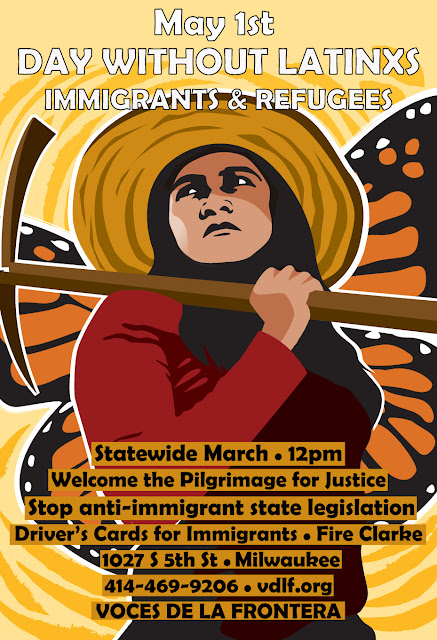 |
| Pat and Patty Crowley |
Hope and anticipation for Vatican II was fostered by the Christian Family Movement which was founded by a Chicago couple, Pat and Patty Crowley. Essentially a lay movement within the Roman Catholic Church it fostered ecumenism, status for the laity, liturgical reform, and Catholic action with the goal of a better world. Vatican II was encouraging but Pope Paul VI's Encyclical, Humanae Vitae, prohibiting artificial birth control, restricted progress. This disappointed the Crowleys, but they continued in their efforts for church reform. I am confident you will find the following story about the Crowleys moving and insightful. It is written by their oldest daughter - Patricia Anne Crowley, O.S.B. Bill Lange
Our 103 year old Sister, Vivian Ivantic, has been urging me to write about my parents for a couple of years now. However, until William Lange invited me to write about my parents for his blog, I kept procrastinating saying to myself, I am just too close to this topic…..I will try to write next week…I just don’t have time right now, etc.
So
let me at least begin. My father,
Patrick F. Crowley, the son of Irish Catholic parents, was a fascinating
combination of traditional religious practices and creative avant-garde
spirituality. His lifelong friendships
from his early years at St. Mary of the Lake grammar school and Loyola Academy
persisted even though those men were of various political persuasions and
religious practices. He adored my mother and with her and those friends, formed
what was known as “The Poker Club” or, at one point as “The Stork Club”. He
used his professional career as a lawyer to serve both sides of the family as
their corporate counsel as well as to provide for his immediate growing family
and to help all who came to him for legal advice and / or financial
support. He was a learner par
excellence and reached out to emerging voices in our world to come and share
with the hundreds of couples who gathered each year at Notre Dame for the
annual conventions of the Christian Family Movement. My impression always was that no one could
bring themselves to dislike him and hardly anyone could say “no” to him! What I suspect that people seldom saw in him
was a soul that felt great anguish at other people’s suffering. His disappointment was particularly evident
to me when the encyclical on birth control, Humanae
Vitae, was published. He took that
turn of events to heart and felt keenly the pain of couples around the world at
that time.
Patty
Caron Crowley, my mother, was the daughter of a Jansenist French-Canadian
father and a Baptist mother, who converted to Catholicism when Patty was
young. She was often misunderstood by
her mother, when as a student of the late Father John A. Ryan at Trinity
College in D.C., she learned of Catholic social teaching and began to make
decisions based on what she had learned.
Her social and political views were even more radicalized when she
connected with the handsome Pat Crowley, who had been formed to think broadly
in his years at Notre Dame University.
When they met, Pat was smitten
immediately. Patty, probably to please
her mother who did not think a poor Irish law student was good enough for any
daughter of hers, went off to Paris for a year and there dated several
continental guys. She apparently always
remembered those times and never ever regretted her acceptance of Pat’s
proposal for marriage upon her return home.
Pat
and Patty were soul mates. Their personalities could not have been more different! Their relational complementarity was their
gift to all of us. Their roles fit their
personalities – he the visionary and she the organizational and practical one. Together they graciously welcomed people of
all faiths and origins into our home.
In the 31 years between their deaths, I came
to know and appreciate my mother’s strength and determination. She, too, suffered greatly from the Church’s
decision to go against the majority opinion of the Birth Control
Commission. It took her 25 years after Humanae Vitae was published, to speak
out publicly about their “conversion” experience. They, along with the vast
majority of that group, were convinced by letters from couples around the
world, by scientists and theologians on the Commission that birth control was
not intrinsically evil. The official
Church chose not to follow that advice and, as a drastic result, lost much of
its authority among many of its members.
That
is the context in which I grew into adulthood.
The family I knew in the first decade of my life was pretty typical of
the times – as many children as possible, parochial school for the kids, daily
mass at 6:30 a.m., family rosary after the evening meal, regular visits to
grandparents, nightly family dinners, summer camp experiences and so much
more. That all changed during the next
decade of my life.


